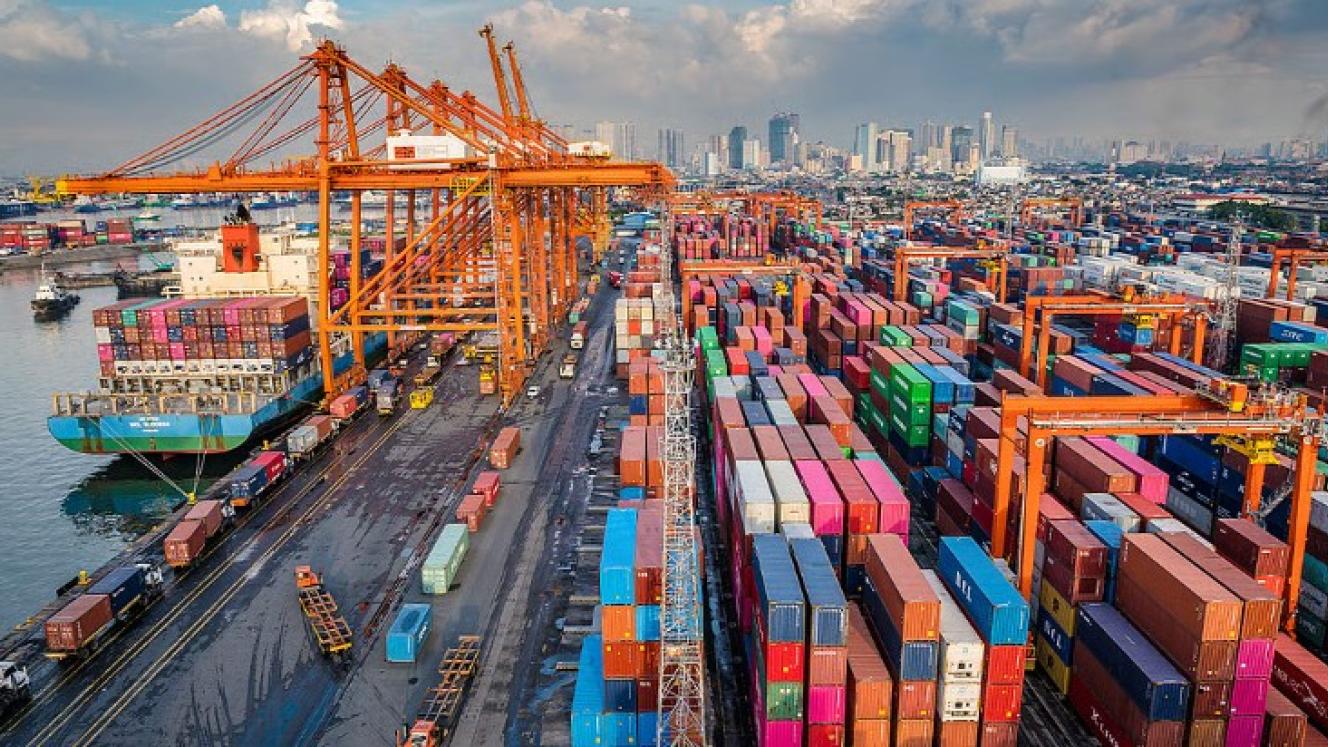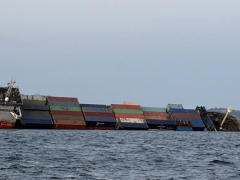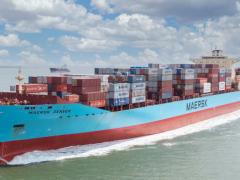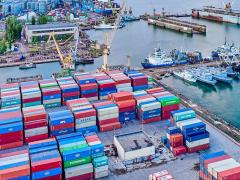The International Zinc Association (IZA) Africa Desk has secured significant research funding to investigate the feasibility of new zinc refining processes to meet South Africa’s own demand for refined zinc, while using locally produced ore and concentrates.
Should the research develop a winning chemical engineering solution, an ideal location for a new zinc refinery could be Saldanha Bay, as it is an Industrial Development Zone (IDZ) on the doorstep of a zinc ore export port and close to a big refined zinc user.
“The funding has been secured from within South Africa. The sponsors are very keen to see that we can develop our own capability within South Africa to produce special high-grade refined zinc and at the same time support fundamental chemical engineering research, while developing postgraduate research,” said IZA Africa Desk spokesperson, Simon Norton.
Two industrial sponsors are participating in the project – Vedanta South Africa, an IZA member, and Duferco Steel Processing, which galvanizes steel in Saldanha Bay.
“We are very proud of these future-thinking sponsors. Not only are they supporting fundamental research in South Africa, they are also supporting a ‘green’ future for minerals processing,” emphasises Norton.
The research will focus on developing and understanding novel refining processes to significantly reduce the external power input compared with traditional pyrometallurgical processes. This will allow for economically viable production of SHG refined zinc. Ore usage may be further maximised by producing refined by-products such as silver and rare-earth elements.
“The proposed operation will also have a considerably reduced carbon footprint,” says Norton.
The research work will be carried out at the University of Cape Town in its Department of Chemical Engineering under the leadership of Professor Jochen Petersen.
Vedanta South Africa will sponsor the desktop study of a wide variety of zinc processes, while Duferco Steel Processing is funding laboratory-scale research on zinc process chemistry.
The study will explore the in-principle feasibility of a novel flowsheet for refined zinc production and by-product recovery from local ore concentrate materials with emphasis on reduced and/or renewable energy input.
The driving force behind the research goes back to Exxaro’s Zincor refinery on the East Rand, the only one of its kind in South Africa, which closed in 2011.
Its yearly production of 117 000 tons of refined zinc was entirely for local consumption by hot-dip galvanizers and continuous wire and sheet galvanizers. Applications ranged from shopping centre roofing to underground mining steel structures, structural steel, railway pylons and fencing.
Despite Zincor’s output, South Africa still had to import 10 000 to 20 000 tons of additional refined zinc for the country’s galvanizing requirements.
SA galvanizers recently experienced a severe shortage in refined zinc supply due to the closure of four zinc refineries in Europe. “The situation is compounded by the fact that base metal traders worldwide are selling zinc to Europe at inflated prices, rather than to South Africa at normal market prices,” Norton said.
New zinc process chemistry is critical for investment in zinc refining in SA to support the government’s mooted R100 billion infrastructure plan.
“We have an unreliable power supply in South Africa, and urgently need to find novel low-power methods to refine zinc. This also means we have to harness our local research teams, develop our own expertise and, hopefully, come up with a zero-power ‘green’ zinc refining process,” said Norton.













